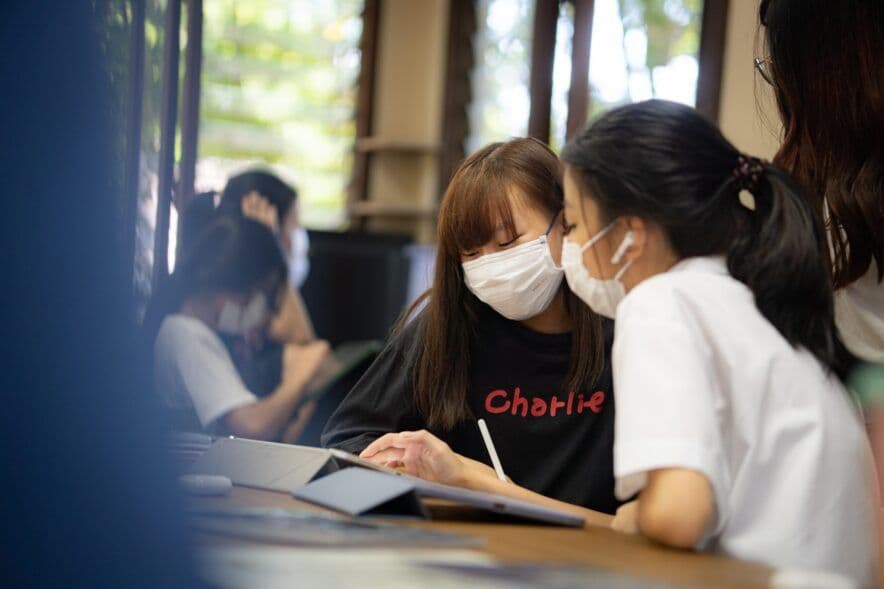COVID-19
In The Field
Research
Early childhood educators played big role in keeping children safe during COVID-19

Freya Lucas
Jan 19, 2023
Save
While the early childhood education (ECE) sector was one of the most trustworthy and accessible sources of health information for children and families during the pandemic, a breakdown in effective communication stunted its potential, new research from Macquarie University’s School of Education has found.
“ECE services understand their local community and are a trusted source of information, meaning there is strong potential for them to be more effective and efficient health communicators,” said lead researcher Professor Sheila Degotardi.“ECE health information needs to be coordinated at a national level with government health agencies and early childhood organisations working together to support the communication of accessible, clear and relevant messaging,” she added.
There were a number of barriers which constrained educators’ efforts, the research found.
Government health advice was considered by educators to be “difficult or impossible” to implement in the early childhood setting, with language targeting primary or high school environments.
These messages also often failed to address the concerns the educators had about their own safety, including advice which was shared about low infection rates in young children, which ignored educators’ felt ignored their concerns about their own health.
Many educators and managers struggled to find relevant information, reporting they often accessed information from multiple sources, including National and State Departments of Health and/or Education and approved ECE providers.
These multiple sources of information were an additional barrier, because educators and leaders were required to digest, translate and communicate ECE-relevant information to children and families, a task often done outside of work hours and at their own expense.
As a result of their findings, the multidisciplinary team is now calling for the establishment of a National Early Childhood Health Information Unit (ECHIU) to serve as a mediator between government health departments and ECE sector organisations.
The ECHIU would enable two-way communication of information between those issuing health orders and the ECE sector, to ensure information is relevant, trusted and up-to-date. This will enable efficient and effective communication to educators, children and families.
“The establishment of an ECE health communication unit at a national level, staffed by both ECE and health communication experts, would create a single, trusted voice of information which would enable more efficient and effective dissemination of information, and remove the strain and burden many educators felt during the pandemic,” Professor Degotardi said.
This research was undertaken by Macquarie University’s School of Education, Department of Health Sciences, Australian Institute of Health Innovation (AIHI), Australian National University and ten stakeholder partners. The research was funded by the Medical Research Future Fund (MRFF).
Don’t miss a thing
Related Articles



















